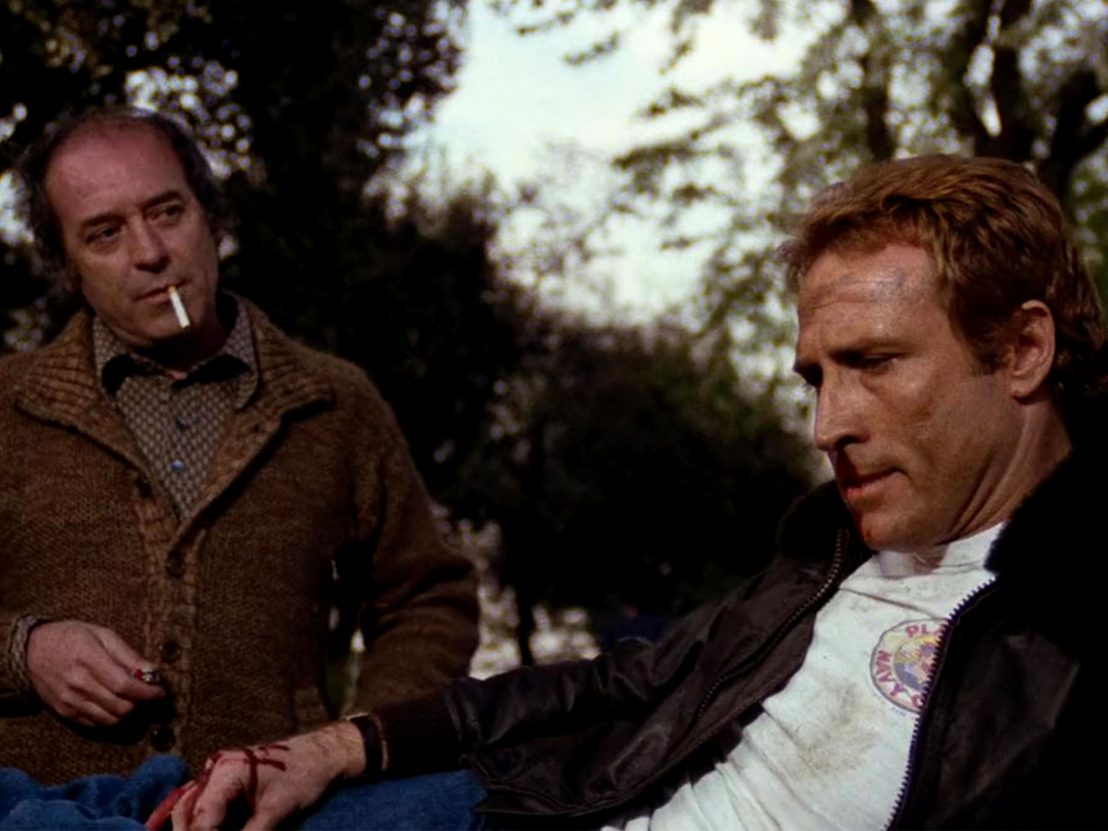
The 1970s witnessed an explosion of raw crime cinema. All around the globe, the genre looked at reality and turned the dials up. Criminals weren’t simply villains, they were virtually demonic. Policemen required the gunslinger mentality of the old West just to survive their screen time and the general consensus was that cities were irremediably decaying.
While these themes were explored in American cinema in particular, Europe developed an equally powerful flair for genre. Eurocrime became cynical and uncompromising, even in Britain, yet few national cinemas embraced this shift as Italy did. With a backdrop of some of the most volatile violence in Europe, Italy’s crime cinema of the ’70s spawned an entirely new genre: Poliziotteschi.
Birthed from the growing trend for heist films, influenced initially by French thrillers by the likes of Jean-Pierre Melville, the genre soon came in to its own. These films took violence to extreme levels, mixing pulp and politics to create a heady body of work that is still controversial to this day.
Written off simultaneously as sensational grindhouse and dangerous political propaganda, the genre was still a great success with period audiences. As with many controversial cinematic movements, it deserves a more nuanced approach to understanding it. Behind its relentlessness was a genre that took risks in order to entertain.
Poliziotteschi were more than one kind of film – they represented a huge range of narratives from tough guy cops chasing killers, to terrorist cells holding cities to ransom, gangs of libertines murdering their way through suburbs, and even simple revenge and vigilante flicks. Sometimes the narratives of Spaghetti westerns were transposed directly and it’s telling that many figures from that genre cross over into Poliziotteschi. The genre has an unusual melting pot of influences. The most obvious is Don Siegel’s Dirty Harry, with the vigilante cop being a common theme. Equally, William Friedkin’s The French Connection and Michael Winner’s Death Wish played their part.
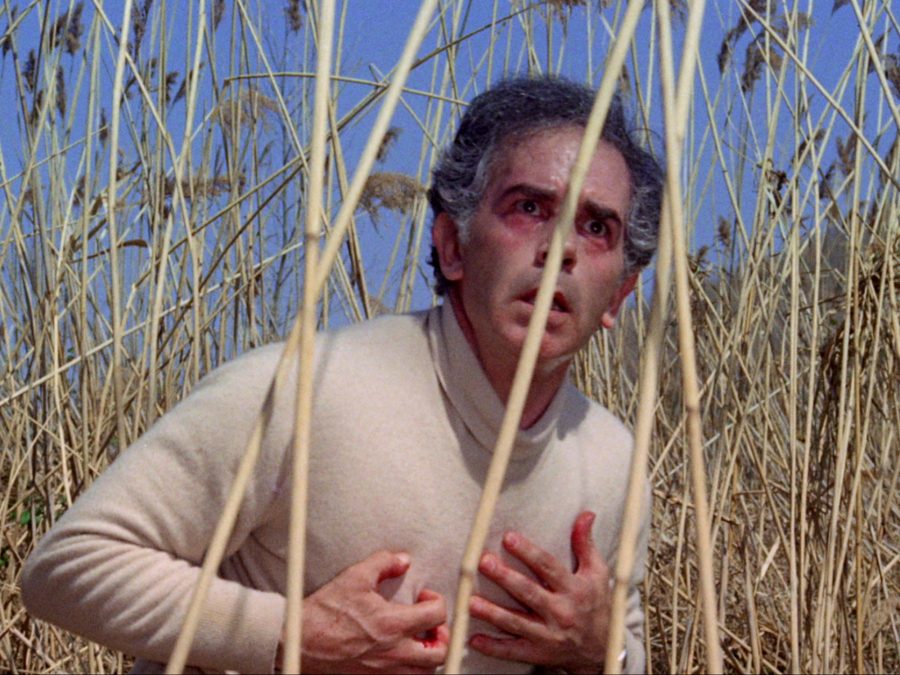
Sometimes the Italian films sit better than those that inspired them. Enzo G Castellari’s Street Law, for example, takes Death Wish and manages to make a moral tale of it. On the other hand, the films sometimes feel like absurd but enjoyable parodies; Umberto Lenzi’s Violent Naples is a ridiculous take on Dirty Harry. Another overt influence came from Sam Peckinpah, with many films borrowing his stylised slow-motion ultraviolence. Already, the mix pushes buttons.
Another undeniable influence was Stanley Kubrick’s A Clockwork Orange, producing an interesting array of copycats, all set in the modern day. In films such as Mario Imperoli’s Like Rabid Dogs, Romolo Guerrieri’s Young, Violent and Dangerous and Vittorio Salerno’s Savage Three, groups of Droogish youth roam. Salerno’s film is especially powerful, following a young Joe Dallesandro as he and two friends go from nervous computer analysts to full blown sadists.
Such violence may suggest comparisons to giallo cinema, but its style and emphasis differs to Poliziotteschi. One disturbing difference is how much attention is paid to the perpetrator’s faces during acts of extreme violence, their pleasure filling the screen in earnest. Giallo added mystery, revealing the murderer’s pleasure in hindsight once unveiled behind the black leather gloves and staring eyes. Murderers in Poliziotteschi are of primary focus from the beginning, daring the viewer to see themselves in their often everyday personas.
In spite of their obvious heritage, the genre is replete with original cinematic treats. Their energy is never less than addictive. At times the frenetic action outdoes its American peers, with car chases especially shot in such an obviously dangerous fashion that it’s surprising no one was really killed. Stelvio Masi’s Highway Racer is a great example of this, a film which is mostly a collection of car chases reaching absurd proportions. Another is Fernando Di Leo’s Manhunt in Milan which has a superb over-the-top chase as Mario Adorf pursues the van that has just killed his wife and daughter, hanging on to its bonnet while smashing the windscreen with his forehead to attack the driver.
Familiar faces frequently pop up: Oliver Reed in Sergio Sollima’s Revolver; Charles Bronson in Sollima’s Violent City; Henry Silva in Di Leo’s Murder Inferno, Lenzi’s Almost Human and Michele Massimo Tarantini’s Poliziotti Violenti to name just a few. Fans of Spaghetti westerns too will be happy to see their favourite heroes stalking the unforgiving streets rather than the dusty deserts. Performers such as Franco Nero and Fabio Testi fulfil their roles as proto-Djangos and Ringos, though feel more vulnerable than their almost supernatural cowboy counterparts.
“Often told from the police perspective, these films rarely portrayed anyone in a good light – and that’s entirely the point.”
Overall, Poliziotteschi are aesthetically fantastic. No opportunity is missed for innovative compositions, astonishing moments of visceral violence and a visual style that will leave anyone vaguely fond of ’70s kitsch desperate for more. The soundtracks are equally outstanding, usually scored along the lines of a prog band covering a Eurovision entry and composed by the likes of Luis Bacalov and Maurizio and Guido De Angelis. Eagled eared viewers will recognise many soundtracks from various Quentin Tarantino films. Alongside these pulpy pleasures, however, sits a darker strand: a political context that gives rise to the genre’s power and controversy.
The political context of crime cinema came under scrutiny in the ’70s. Poliziotteschi arguably faced greater scrutiny because of Italy’s situation during the main period of production. This has lead to some alarmist generalisations about the genre, making those similarly concerned by the American equivalents seem nuanced by comparison. As with most over-egged worries, however, the reality is more complicated than the sweeping dismissals of such films as dangerous propaganda suggests.
The period of the genre, lasting from the late ’60s to the ’80s, is known in Italy as the ‘Years of Lead’. The fissure of May 1968 bred a wealth of radical extremists, terrorist cells and organised crime, from all ends of the political spectrum. Marxist-Leninist groups like the Red Brigades systematically kidnapped and murdered dozens of people throughout the decade, while fascist groups like the Armed Revolutionary Nuclei killed over 80 people with a bomb in 1980 in Bologna. Along with thousands of similar stories involving numerous extremist cells, urban deprivation seemed irreversible. Violent crime was unprecedentedly high, police violence and corruption was endemic and Mafia influence gave the situation an unimaginable momentum.
Like Dirty Harry and Death Wish, Poliziotteschi were responding to these realities, albeit with pulp simplicity. Often told from the police perspective, these films rarely portrayed anyone in a good light – and that’s entirely the point. Accusations of supporting an extreme conservative perspective seem far too simple, especially when, at the end of the day, we’re dealing with mostly self-aware genre films. Some films deal with extreme left-wing cells and paint them as bourgeois and hypocritical; a possible explanation for some of the genre’s dismissal.
Yet this was a view shared by Marxists of the period, too, including Pier Paolo Pasolini (himself murdered in the decade) and French crime author of Nada, Jean-Patrick Manchette. Claude Chabrol’s 1974 adaptation of Manchette’s novel is arguably more bitingly critical of such groups than any purely Italian Poliziotteschi.
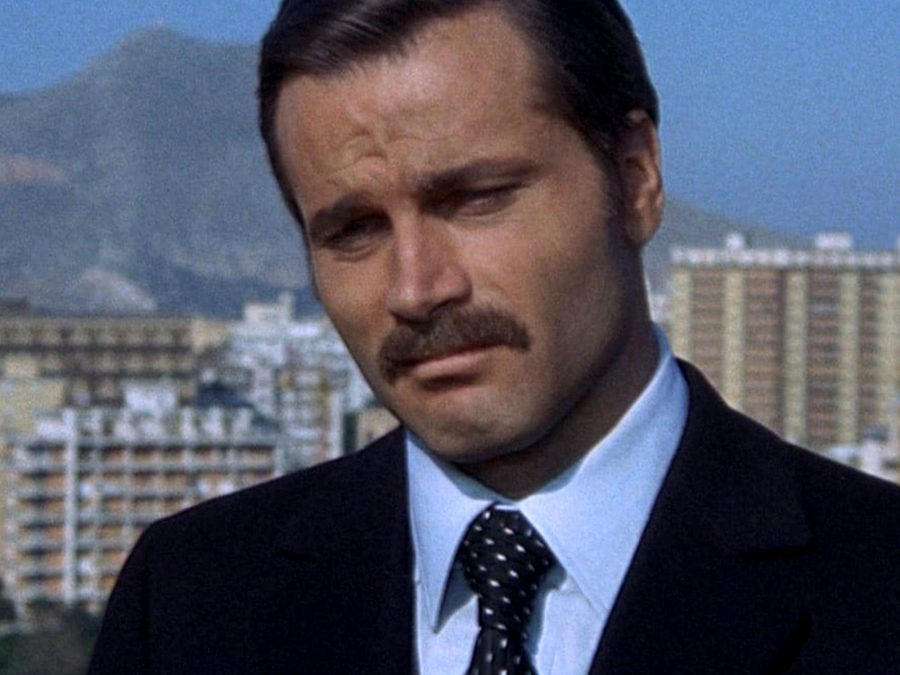
Either way, such groups were not often the main villains of these films. The chief antagonists were usually shady, right-wing businessman, Mafia stand-ins and corrupt officials (usually policemen), for example in Tonino Ricci’s The Big Family or Damiano Damiani’s Confessions of a Police Captain. These villains were usually upper-middle class, while the police fighting them were working class. It perhaps explains some of the films’ domestic success. If some problematic aspects come from leaning, Siegel-like, into the lone ranger western transplant – suggesting naively that police should be given a free hand – then it’s really not a problem unique to Italy’s genre.
Equally, these films deal with extreme violence, misogyny and a whole host of other difficult issues. They do so, however, with that undeniable Italian vivacity, making some incredibly difficult to watch. The raw opening pursuit and murder of a woman in Salerno’s No, the Case is Happily Resolved is a good example. Violence towards women is common and fetishised. The general violence is especially indebted to Italy’s Horror cinema and its penchant for extreme, gut wrenching bloodiness and brutality. The films possess that typically grimy grindhouse feel.
It begs the question of why a viewer, if easily offended, would be looking for light entertainment and moral enlightenment from a 1970s Italian genre film. Just as with Italy’s take on the western and horror, this is cinema firing on all cylinders. Everything is over the top, even when dealing with touch-paper themes. Going into films with titles like Cry of the Prostitute or What Have They Done to Your Daughters, and expecting anything less is naïve at best.
Poliziotteschi comprised genre films determined to divert as much as diagnose. Like their French counterparts, they were undeniably cinematic. If they can be summarised by one aspect, it’s that violence undermines, even for those forced to deal in it for work. In Dallamano’s superb Colt 38 Special Squad, this is perfectly encapsulated. When asked by the press whether the crimes of the film are being committed by fascists or communists, Inspector Vanni (Marcel Bozzuffi of The French Connection fame) looks dismayed and simply tells the journalist “Stop that bullshit.” When the bodies were piling up, it didn’t matter what cause it was in aid of. Murder was murder.
Years of Lead: Five Classic Italian Crime Thrillers 1973-77 is released in a limited edition Blu-ray box set on 21 June via Arrow Video.
Published 21 Jun 2021
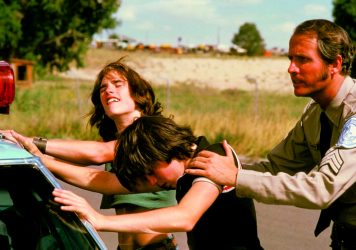
By Anton Bitel
The angst-ridden Over the Edge from 1979 was a major influence on Richard Linklater and Kurt Cobain.

The screen icon talks Tarantino, the delayed Django Lives!, and the time he got naked for John Huston.
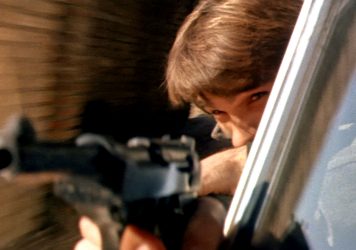
By Anton Bitel
Based on real events, Sergio Martino’s Silent Action from 1975 is as cynical as it is uncompromising.